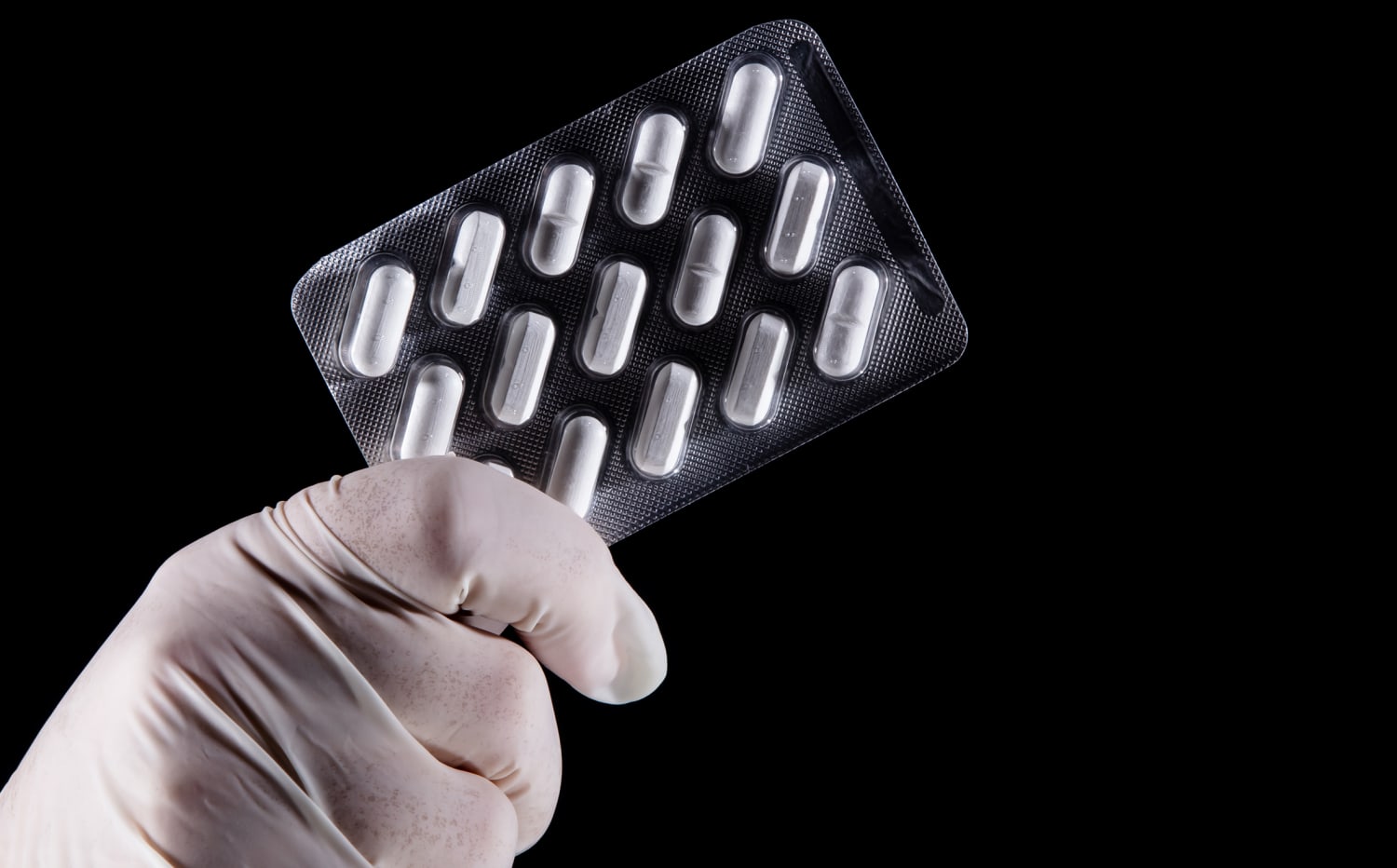In the 1950s, hydroxychloroquine was used to treat a vast variety of viral infections. It has proved to be extremely effective in fighting diseases like Lupus, malaria, and Rheumatoid Arthritis. It has been demonstrated to be effective in fighting viruses like Zika virus and SARS-CoV2. Because of its antiviral effects and the low risk of adverse consequences, hydroxychloroquine swiftly became a top choice for treating all kinds of viral diseases. Its ability to decrease inflammation and speed recovery make it a lifesaving drug for those who are fighting serious illnesses such as HIV/AIDS and chikungunya. It can also be used to treat even serious forms of influenza-like H1N1. Because it has fewer adverse side reactions than other antiviral drugs on the market, hydroxychloroquine is showing itself to be a highly versatile treatment option that has the potential to save the lives of millions in the coming years.

Hydroxychloroquine is an innovative drug that has helped stop malaria’s spread around the world. Hydroxychloroquine has been used to protect against malaria in areas with high levels of malaria for more than six decades. Despite the fact that malaria has been a major issue for a long time, it’s currently a major threat to human health. Hydroxychloroquine is a drug that kills the parasite responsible for malaria. Because it’s simple to obtain and affordable, it is one of the most reliable options. It’s not surprising then that, Hydroxychloroquine has been used not only to cut down the existing malaria cases but also to prevent future onset.
The Covid-19 epidemic has been a shock to the world. Researchers and doctors have been searching for effective treatments. Fortunately, hydroxychloroquine has just recently been approved by the FDA as an effective tool for reducing the number of people suffering from the virus. Although there are still cases of the virus being spread all over the world the drug is helping to limit the number of cases. It helps ensure that those who have already been affected receive appropriate medical treatment. This is an encouraging signal for all humanity in our effort to live and learn as we deal with this apocalyptic pandemic.
Hydroxychloroquine’s efficacy as a treatment for COVID-19 has been the focus of news reports in recent times. But, it was already an essential drug and a crucial component of the pandemic. Its inclusion on the list of essential drugs provided by the World Health Organization is a testament to the substance’s vital importance to the health of the world. Hydroxychloroquine can be described as an anti-malarial immunomodulatory medication that works in treating other diseases including lupus as well as rheumatoid joint, and Sjogren’s disease. Hydroxychloroquine is also a treatment for treating certain types of glaucoma. While more research is required to determine if hydroxychloroquine can be effective against COVID-19 as well as other diseases that are emerging, however, it is evident that it is an important treatment.
A major medical breakthrough was the potential of hydroxychloroquine as a treatment for viral infections. The treatment of COVID-19 by hydroxychloroquine isn’t just effective effective, but it is also very effective for other serious ailments such as the autoimmune disorder malaria. Although some claim that this medication is not backed by sufficient clinical evidence, more and more research is being conducted all over the world to confirm its efficacy. Hydroxychloroquine could be lifesaving for those who suffer from various viral diseases and even those who are otherwise healthy. While these promising results appear promising, more research is required to verify its effectiveness and its appropriate dosage. In the meantime, there’s no doubt hydroxychloroquine has definitely proven itself to be a valuable treatment option with a real possibility of saving lives.
For more information, click what is hydroxychloroquine used for
